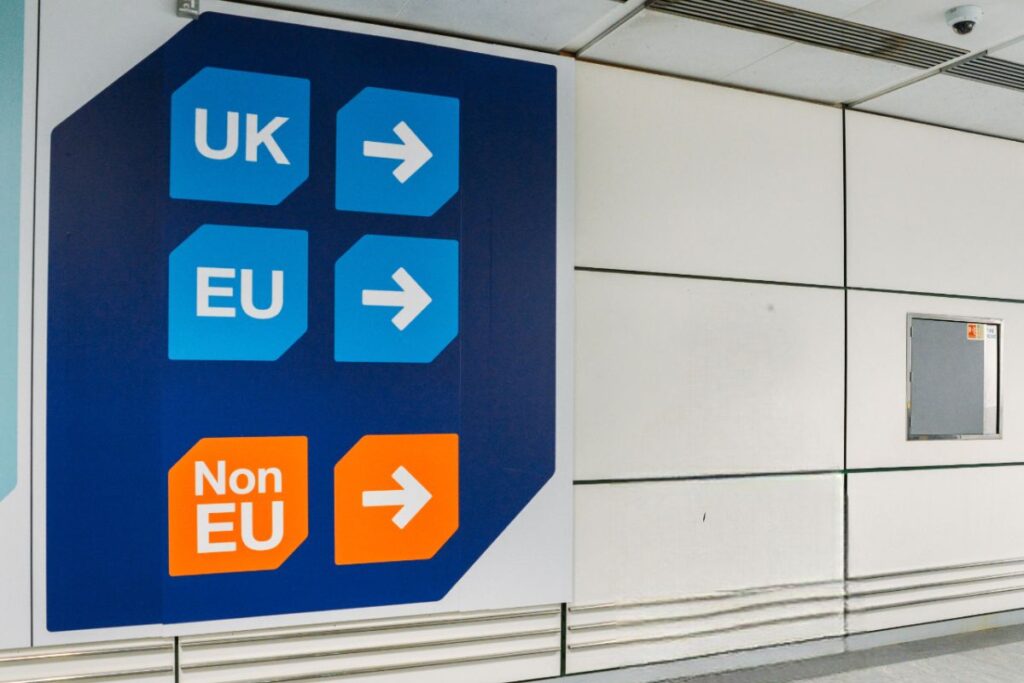
Facing labor shortages, the European Union is making a significant move to attract skilled workers from abroad. By simplifying the process for obtaining work and residency permits, the EU aims to streamline legal migration and address workforce gaps across member states. Here’s a breakdown of the key changes:
- Faster Processing: The EU Parliament has approved a proposal to significantly reduce processing times for Single Permits. Currently taking four months, applications will now be reviewed within a 90-day timeframe, with a possible 30-day extension for complex cases. This quicker turnaround will benefit both employers seeking talent and workers eager to begin their new lives in Europe.
- Flexibility for Workers: Previously, Single Permits were tied to a specific employer and job description. Under the new regulations, workers holding a Single Permit will have more freedom. They can now change employers, occupations, and even work sectors within the EU through a simplified notification process. This increased flexibility empowers workers to pursue new opportunities and adapt to changing career paths.
- Accessibility for Existing Residents: The revised system eliminates a major hurdle for existing residents. Previously, third-country nationals with existing permits had to return to their home countries to apply for a Single Permit. Now, they can conveniently apply while already residing within the EU, saving time and resources.
These changes signal a positive shift towards a more open and efficient immigration system in Europe. By easing the path for skilled workers, the EU is poised to strengthen its workforce, boost innovation, and benefit from the diverse talent pool on the global stage. With final approval from the Council expected soon, this initiative could pave the way for a more dynamic and competitive European economy.



